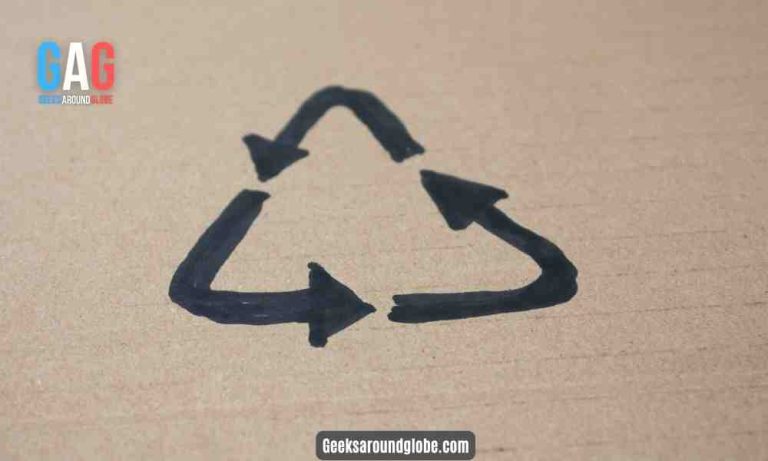In our increasingly digital world, electronic devices have become an integral part of our daily lives. However, the rapid advancement of technology has led to a significant increase in electronic waste, or e-waste. To address this issue, e-waste recycling has emerged as a crucial practice in conserving resources and mitigating environmental impact. In this article, we will explore the importance of electronic recycling and how it contributes to resource conservation.
Recovery of Valuable Materials
Electronic devices contain a wide array of valuable and reusable materials, such as precious metals (gold, silver, platinum), copper, aluminum, and rare earth elements. Through e-waste recycling, these materials can be extracted and recovered for reuse in the manufacturing of new products. By diverting electronic waste from landfills and extracting these valuable resources, we reduce the need for environmentally damaging mining activities and conserve precious natural resources.
Reduction of Environmental Pollution
Improper disposal of electronic waste poses a significant threat to the environment. Many electronic devices contain hazardous substances like lead, mercury, cadmium, and brominated flame retardants. When e-waste ends up in landfills or is incinerated, these toxic substances can leach into the soil and water, contaminating ecosystems and posing risks to human health. E-waste recycling ensures that hazardous materials are safely extracted and disposed of, preventing their release into the environment and minimizing pollution.
Energy Conservation
The manufacturing of electronic devices requires substantial amounts of energy and resources. By recycling e-waste, we reduce the demand for raw materials, thereby conserving energy and reducing greenhouse gas emissions associated with extraction, processing, and transportation. Recycling one million laptops, for example, saves the energy equivalent of electricity that can power over 3,500 homes for an entire year. Through electronic recycling, we can contribute to a more sustainable and energy-efficient future.
Extended Product Lifecycles
E-waste recycling promotes the concept of a circular economy, where products are reused and recycled rather than disposed of after a single use. By refurbishing and repairing electronic devices, recycling facilities extend their lifecycles, reducing the need for new products to be manufactured. This not only conserves resources but also minimizes the environmental impact associated with the extraction of raw materials and the energy-intensive production processes. Extended product lifecycles through recycling contribute to a more sustainable and resource-efficient society.
Responsible Disposal and Global Impact
E-waste is a global issue, with electronic devices being discarded at an alarming rate worldwide. By embracing e-waste recycling, we can ensure responsible disposal practices and minimize the negative impact on both local and global environments. Through proper recycling channels, valuable resources can be recovered, and the harmful effects of e-waste can be mitigated. Furthermore, by supporting responsible e-waste recycling initiatives, we encourage the development of sustainable practices and promote a cleaner and healthier planet for future generations.
E-waste recycling plays a vital role in conserving resources and protecting the environment. By recovering valuable materials, reducing pollution, conserving energy, extending product lifecycles, and promoting responsible disposal, electronic recycling contributes to a more sustainable and resource-efficient society. As individuals and organizations, we can actively participate in e-waste recycling initiatives, ensuring that our electronic devices are properly disposed of and recycled. Together, we can make a significant impact in conserving resources, mitigating environmental harm, and building a brighter future for generations to come.







